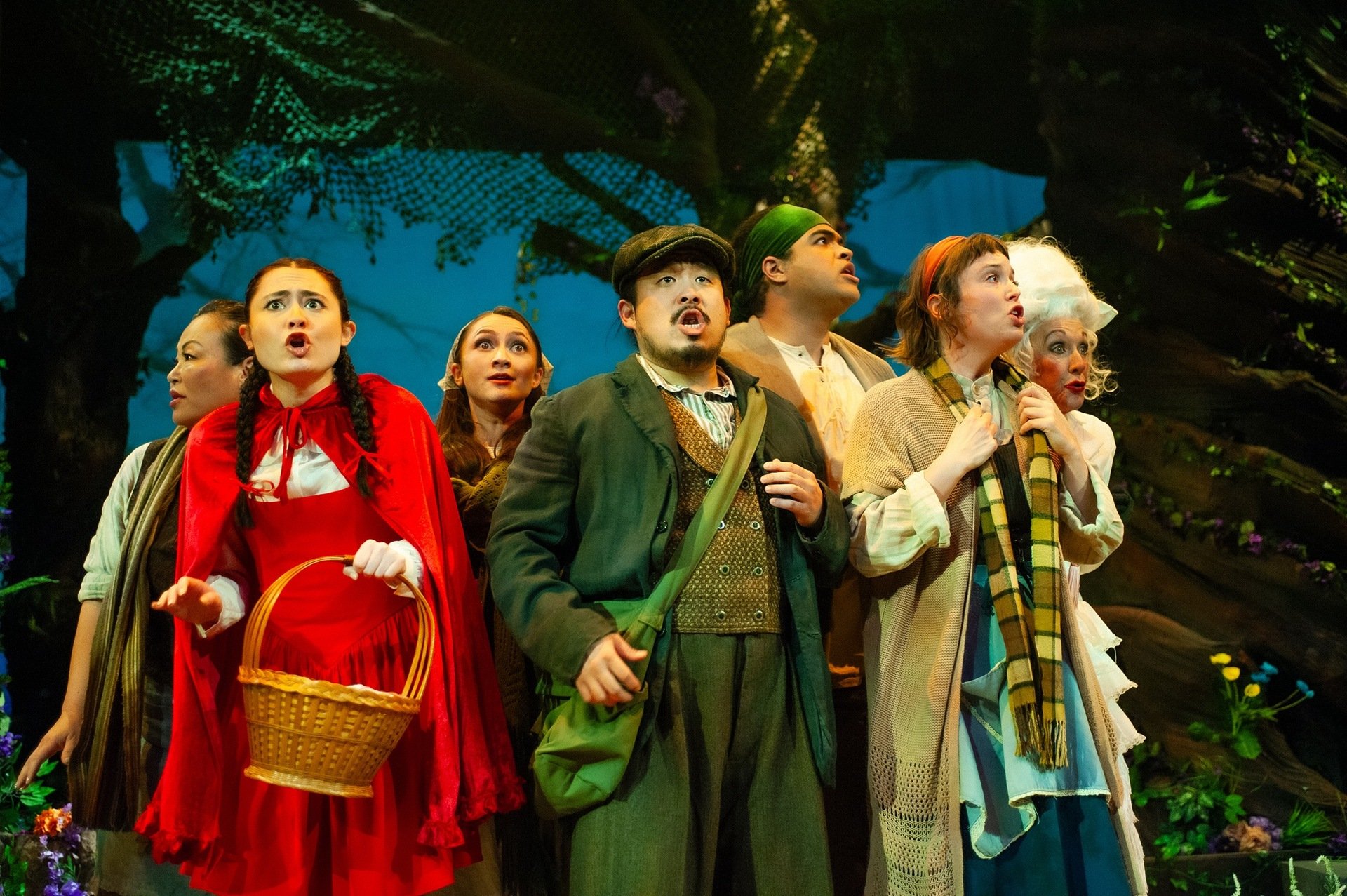This doll head was one of the artifacts unearthed at the dig. Megan Watson with PaleoWest
Two new affordable housing developments just off of the Embarcadero in the northeast waterfront will welcome residents who will live above layers of history.
Developers BRIDGE Housing Corporation and The John Stewart Company broke ground July 9 on 125 units for individuals and families at 88 Broadway and 53 for seniors at 735 Davis St. But archaeological testing that started early this year revealed what and who was on the site when the city was in its infancy. (Note to looters: The dig is done and everything has been removed, so don’t go poking around the site for souvenirs.)
The list of artifacts and partial structures makes the imagination race. Remnants of a saloon and sailor’s boarding home from the late 1850s to 1880 were found near the southeast corner of Front and Vallejo streets. Structural remains and material culture such as men’s boot pieces, buttons and bottle glass from another boarding house dating to the 1860s and ‘70s were found on the east side of Front Street.
Shoe remnants from the archaeological dig. Photo credit: Megan Watson with PaleoWest
The city’s rich immigrant culture thrived in this area as well. On the west side of Davis Street, dating from the 1860s to 1900s, they found remains associated with waterfront businesses and a Chinese business/household, including laundry bluing, broken ceramics, a shaving mug with soap residue, an 1899 U.S. dime, clothing items and several smoking pipe fragments. On the east side of Front Street they found materials associated with an Italian fishing community and market, including numerous fish hooks, fish bones, net sinkers, floaters and shells, along with an 1861 Italian 5-centissimi coin.
More recent history popped up as well: “Some of the debris that we’re finding closer to the surface is related to the freeway off-ramp that came down,” said Marie Debor, vice president of development for BRIDGE Housing.
Debor said the developers hope to create a display on-site with some of the artifacts and possibly artistic photos of them. Cobblestones from an old street unearthed a few feet from the surface of the dig could be used for accents in the public walkways through the buildings, she added.
The dig at 88 Broadway/735 Davis unearthed planked surfaces like this one. Megan Watson with PaleoWest
After the final report on the artifacts is complete, which should be within the year, the collection will be transferred to the David A. Fredrickson Archaeological Collections Facility at Sonoma State University. It’ll be curated and available for study by future researchers. Thousands of artifacts still need to be washed, identified and analyzed before the report can be started.
So when will the housing for today’s citizens be ready? The developers estimate the 88 Broadway (family) apartments will be done March 2021 and the 735 Davis (senior) apartments will be ready in December 2020. About six months prior, The John Stewart Company will start marketing efforts, and applications will be processed through San Francisco’s Housing Portal DAHLIA, which is administered by the Mayor’s Office of Housing and Community Development. (Leddy Maytum Stacey Architects designed the projects, Cahill Contractors is building them, and the sites are being leased from the Port of San Francisco and the city.)
You can get more information on the application process as the projects near completion by signing up for the 88 Broadway email list online or the 735 Davis email list online.
Of course, there’s a formula for who qualifies for affordable housing. But thanks to extensive community input, the 88 Broadway apartments are not just for super low income households—they’re open to any households earning between 30 and 120 percent of Area Median Income (AMI). “We think a certain type of households—potentially teachers, first responders—could fall into this category,” Debor said. The middle income units, however, aren’t eligible for tax credits.
A rendering of 88 Broadway housing looking northeast. Credit: LMS Architects
BRIDGE Housing provided a series of charts outlining income minimums and maximums for the various units based on occupancy, but as Debor noted, they’re updated annually, so the numbers probably will change. Right now, as an example, two people together earning between $29,550 and $78,000 a year would qualify for a unit with tax credits, and their rent would be between $646 to $1,724 a month for a studio. For middle income units, two people together could earn between $98,500 and $118,200, and their rent would be $2,155 to $2,586 a month.
88 Broadway has a mix of studio up to three-bedroom units, and 735 Davis has studios and one-bedrooms for seniors. Both will reach the zoned height limit of six floors. Residents will have supportive services and kids’ programs, and the YMCA will operate a child care center on site for 55 children of all income levels from anywhere in the community.
A rendering of 735 Davis showing an activated street. Credit: Photo credit: LMS Architects
A 9,500-square-foot public access paseo between the buildings will have landscaping and seating, and the developers have built ground-floor space for a cafe and restaurant. There is no parking in the development, but the Embarcadero BART/Muni station and a slew of bus lines are at the foot of Market Street about a 12-minute walk away, and the E and F streetcar lines are about a block away.
In the meantime, the permanent construction crane has gone up, and for once, it’s not about more tech offices or a luxury pied-à-terre tower, but real housing for real people.
The post Affordable Housing Construction Near Waterfront Unearths Amazing Artifacts appeared first on Broke-Ass Stuart's Website.









